Health Benefits of Peppermint
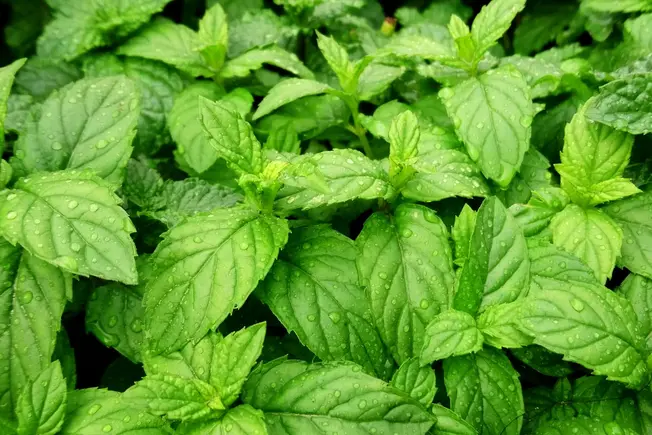
What Is Peppermint?
This herb is a cross between two types of mints: water mint and spearmint. The taste and smell you know from things like candies and soaps come from the concentrated oil (essential oil) inside the plant.

Peppermint’s Past
Ancient Greeks, Romans, and Egyptians used mints, including peppermint, as medicine thousands of years ago. But peppermint wasn’t recognized as a distinct subspecies until the late 17th century.
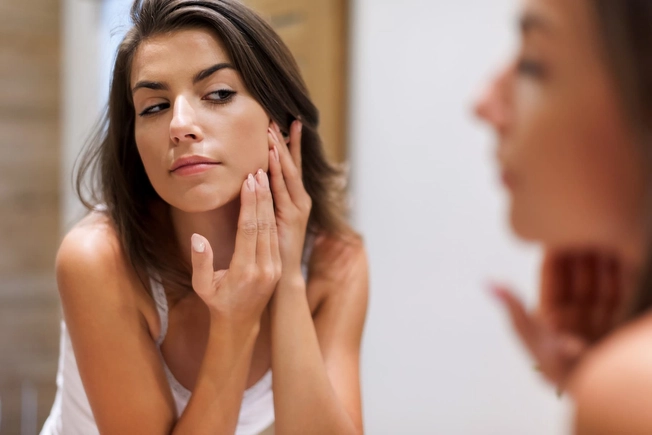
How to Use It
You can get peppermint leaf through tea, capsules, or as an extract. Peppermint oil comes in capsules and liquids. You can apply it to your skin or take it by mouth. It’s highly concentrated, so only use it in a diluted form or a few drops at a time. It can be toxic to take a lot of the oil at once.

Soothe Upset Stomach
Peppermint has compounds that relax the tissues in animals’ GI tracts. A few studies have shown peppermint and other herbal meds can ease stomach pain in kids, but we need more proof before doctors can recommend it. Other research shows it may also help relieve nausea and vomiting from chemotherapy.
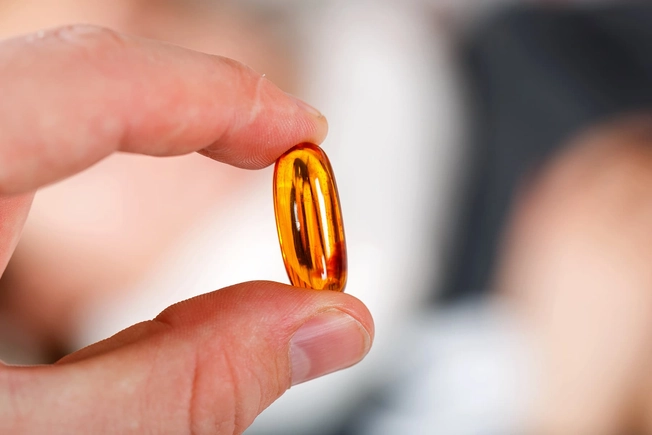
Treat IBS Symptoms
Studies suggest that coated peppermint oil capsules can ease side effects of irritable bowel syndrome like gas, stomach pain, constipation, and diarrhea.

Help With Headaches
The active ingredient in peppermint is menthol. Some small studies show it can lessen the pain of migraine headaches. It may also reduce other symptoms like light sensitivity, nausea, and vomiting. A few studies suggest that applying a peppermint oil solution to your forehead and temples can help take away tension headaches, too.

Kill Mouth Germs
Not only does the flavor of peppermint freshen your breath, but its antibacterial properties may also help get rid of the source of the smell: germs. It’s believed to keep bacteria from forming a film on your teeth, which helps keep your pearly whites healthy.
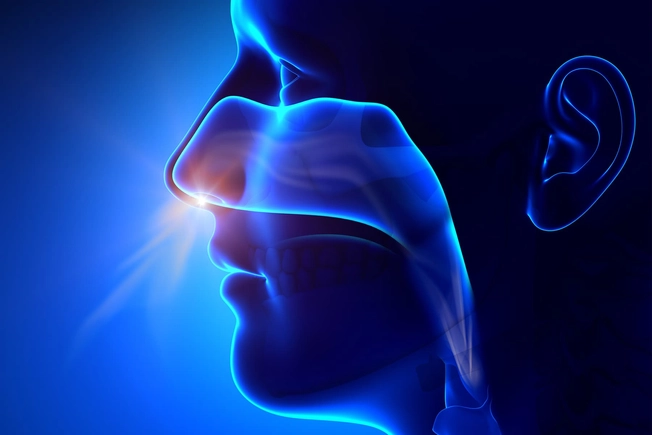
Ease Stuffy Sinuses
Peppermint’s antimicrobial powers may help you fight off the common cold or the infected mucus that sets up shop in your sinuses as a result. The menthol can also make you feel that you can breathe more easily.

Boost Energy
If you want to feel more awake during the day, peppermint oil might do the trick. Experts aren’t quite sure what happens in your body when you smell peppermint oil, but it may help ease sleepiness during waking hours.

Relieve Menstrual Cramps
It doesn’t seem to affect the amount of blood loss, but the menthol in peppermint can ease the intensity and shorten the length of period pain in some women.

Fight Foodborne Bacteria
Scientists tested peppermint oil on bacteria like E. coli, listeria, and salmonella. They found that it can stop all three from growing. It can also kill Staphylococcus aureus, a bacteria that causes skin infections, pneumonia, meningitis, and more.
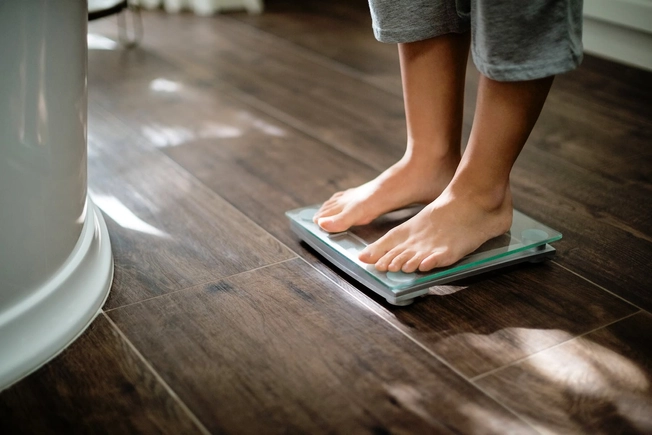
Curb Your Appetite
Research goes on, but some studies show peppermint oil may make you feel less hungry. This can help you eat less and possibly lead to weight loss.

Calm Seasonal Allergies
Peppermint can help you enjoy the outdoors more when it’s allergy season. It has a compound called rosmarinic acid that can lower your body’s histamine reaction. This may mean fewer symptoms like an irritated, stuffy nose, sneezing, and red, itchy eyes.

Sharpen Your Focus
In a small study, capsules of peppermint oil helped people process problems longer without getting mentally tired. The herb’s sharp smell may also boost your memory and keep you extra alert.
